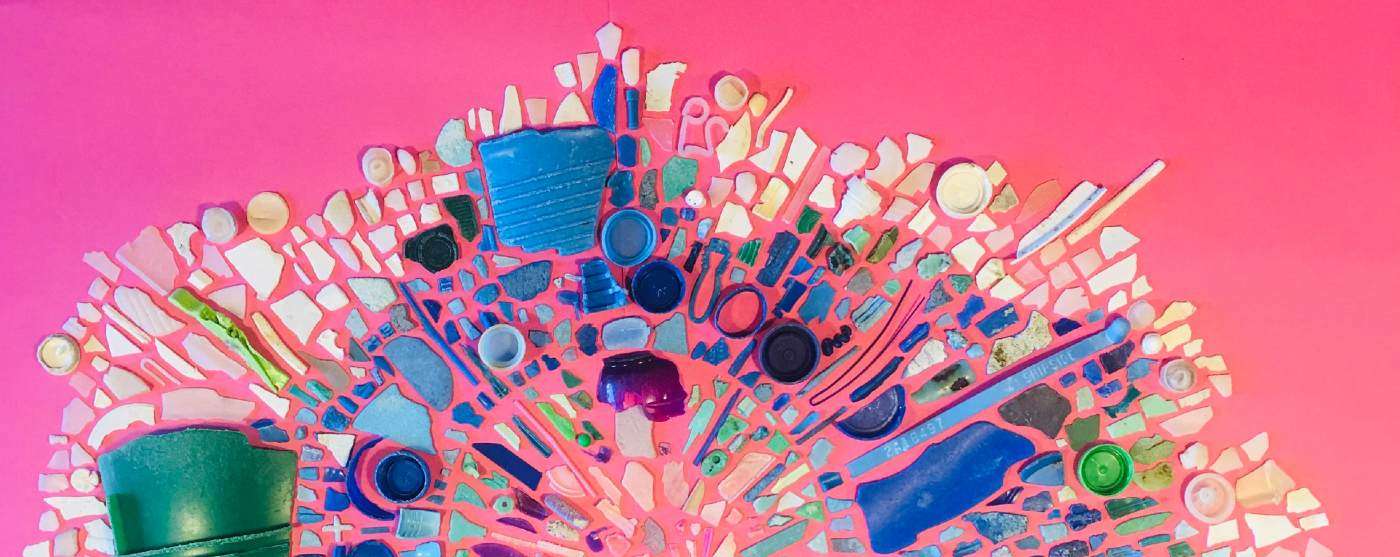Solar Chargers for Electric Cars Make Zero Emissions a Reality
The California company, SolarCity, has started offering solar EV chargers to customers in 11 states and Washington, DC, allowing people to drive their cars purely on sunshine.

A UK-French startup just announced a $17 million funding round to make a variety of products that will allow large producers to cut out their share of microplastic pollution.
With biodegradable microplastic capsules for products like laundry detergent and agriculture chemicals, and special lubricants that prevent plastics from breaking down into microplastics, the firm could save companies and consumers tens of millions in work-around costs and higher prices in the face of an upcoming European Union ban on microplastics in 2022.
Calyxia was started in part by the son of a second generation UK coal miner, Jamie Walters. Seeing the coal mine close down, while good for the physical health of the community and the planet, involved Walters seeing a lot of economic suffering.
"So living that experience, I've always wanted to rebuild industries because I believe they can rebuild communities that are safe, that are sustainable and could advance society, and that are also economically viable," Walters told Fast Company.
Some examples of industries Walters hopes to reform are the microplastic capsules used in laundry detergent to deliver the fragrance into your clothes.
These capsules run down through water treatment plants and into aquatic ecosystems.
Agricultural herbicide products sometimes also come in these capsules.
They release the product slowly, necessitating for less overall herbicide use, but the small microplastics fall down and end up contaminating the soil.
Calyxia offers biodegradable microplastic capsules for products such as these that essentially degrade into air.
Another product is a lubricant that can be used to coat the most common form of plastic, polyethylene plastic sheeting used to press-wrap products.
The lubricant stops the plastic breaking apart in the environment, preventing it from releasing toxic microplastics that have contaminated essentially the entire planet.
Currently poised to produce hundreds of tons of their products, they hope to begin work soon with large companies before the microplastic ban in 2022. After which they plan to scale up to thousands of tons of production.
DON'T WASTE the Good News—Share This Story…
Be the first to comment